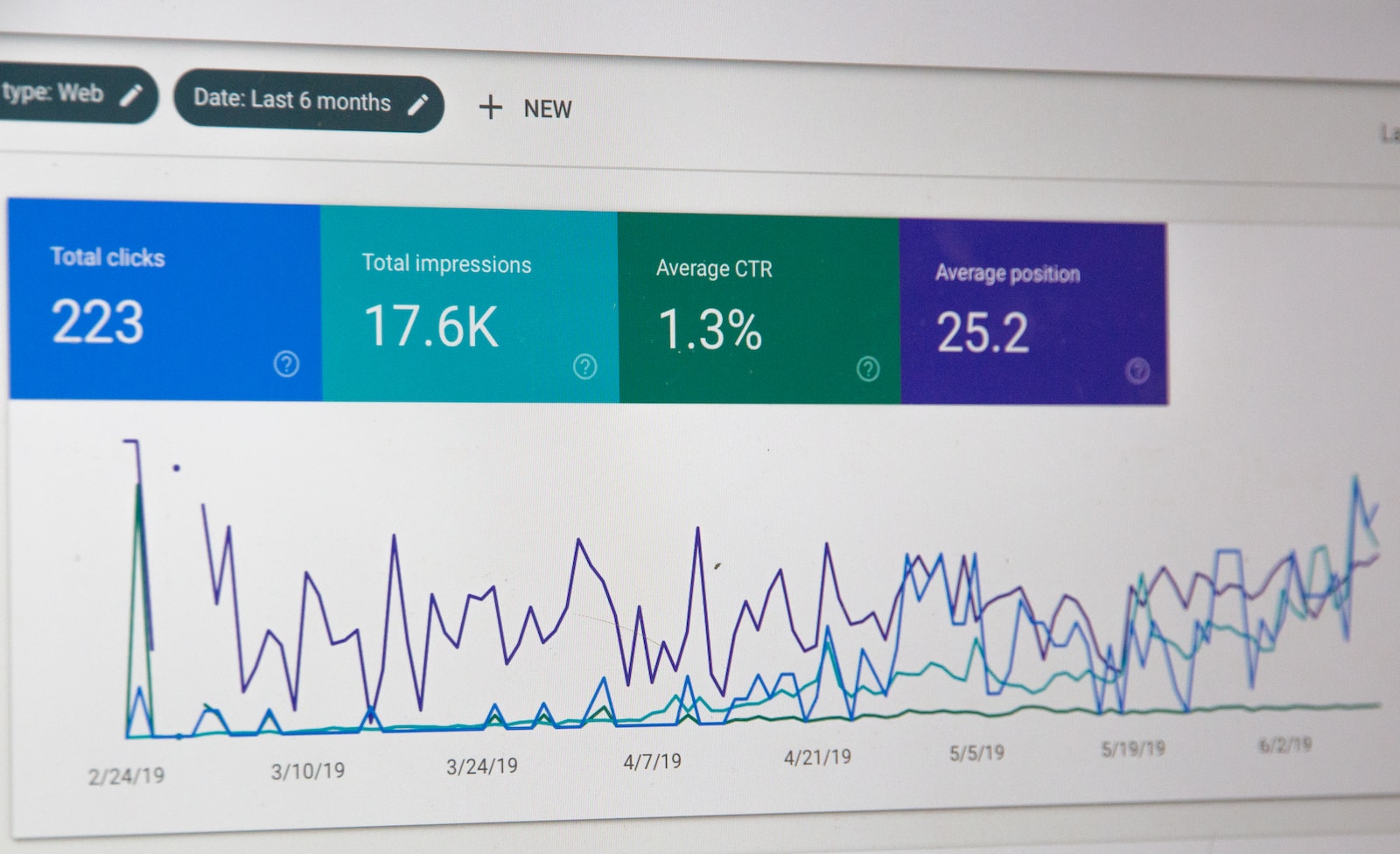Estimated reading time: 4 minutes
245 Views
In today’s digital landscape, having a strong online presence is crucial for businesses and individuals alike. And when it comes to driving organic traffic and increasing visibility, ranking your website on Google’s search engine results pages (SERPs) is paramount. Search Engine Optimization (SEO) is the key to achieving this goal. In this comprehensive guide, we will delve into the strategies and techniques you can employ to improve your website’s ranking on Google. We’ll focus particularly on crafting SEO-friendly titles that can enhance your website’s visibility and attract more organic traffic.
Understand the Importance of SEO-Friendly Titles:
SEO-friendly titles play a crucial role in improving your website’s ranking on Google. These titles act as the first point of contact between your website and potential visitors. An optimized title not only helps search engines understand the content but also entices users to click through to your site.
Keyword Research:
Keyword research is the foundation of any successful SEO strategy. Start by identifying the primary keywords and phrases that are relevant to your website’s content and target audience. Utilize keyword research tools like Google Keyword Planner, SEMrush, or Ahrefs to discover high-volume keywords with moderate competition. Incorporate these keywords naturally into your titles to increase the chances of ranking higher on Google.
Keep It Concise and Descriptive:
When it comes to crafting SEO-friendly titles, striking a balance between conciseness and descriptiveness is crucial. Aim for titles that are between 50-60 characters long, as Google typically truncates titles beyond that length. Your title should clearly and accurately describe the content of the page while providing a compelling reason for users to click on it.
Include the Target Keyword:
To optimize your title for search engines, include the target keyword or keyphrase near the beginning of the title. This placement helps search engines quickly identify the relevance of your content to a user’s query. Additionally, having the keyword in the title increases the chances of the title being displayed in bold in the search results, catching the user’s attention.
Avoid Keyword Stuffing:
While it’s important to include the target keyword, avoid keyword stuffing at all costs. Keyword stuffing refers to the practice of excessively and unnaturally incorporating keywords into your title or content. This can lead to penalization by search engines and harm your website’s ranking. Maintain a natural flow of language in your titles and focus on providing value to your audience.
Be Unique and Compelling:
To stand out from the competition, ensure that your titles are unique and compelling. A catchy and intriguing title has a higher chance of capturing users’ attention and enticing them to click. Differentiate your website by offering unique value propositions or highlighting specific benefits users can gain from visiting your site.
Utilize Power Words and Emotional Triggers:
Incorporating powerful words and emotional triggers into your titles can evoke a stronger response from users. These words create an emotional connection, piquing interest and increasing the likelihood of a click. Experiment with words like “ultimate,” “exclusive,” “essential,” “proven,” “effective,” and “unveiled” to add impact to your titles.
A/B Test Your Titles:
Effective title optimization involves continuous testing and refinement. Perform A/B tests by creating multiple variations of your titles and tracking their performance using analytics tools. Analyze metrics such as click-through rates (CTR) and bounce rates to determine which titles are most effective. Iteratively refine your titles based on this data to maximize their impact.
Ranking your website on Google requires a comprehensive SEO strategy, and crafting SEO-friendly titles is a critical component of that strategy. By conducting keyword research, keeping titles concise and descriptive, incorporating target keywords naturally, and using powerful words and emotional triggers, you can increase the visibility of your website and attract more organic traffic. Remember to continually test and optimize your titles to stay ahead in the competitive online landscape. With these techniques in your arsenal, you’ll be well on your way to achieving higher rankings on Google.
For the latest tech news and reviews, follow Rohit Auddy on Twitter, Facebook, and Google News.






